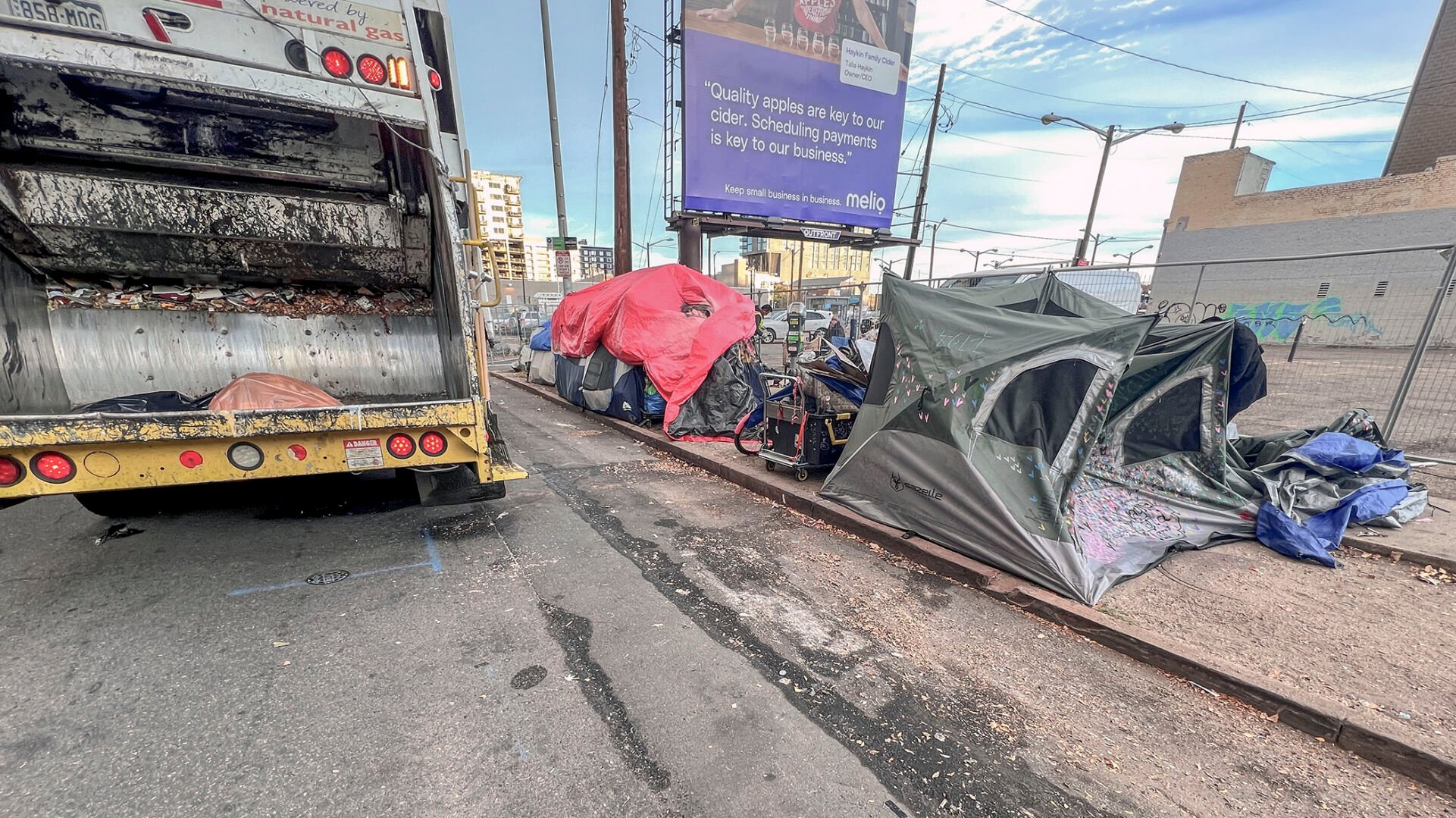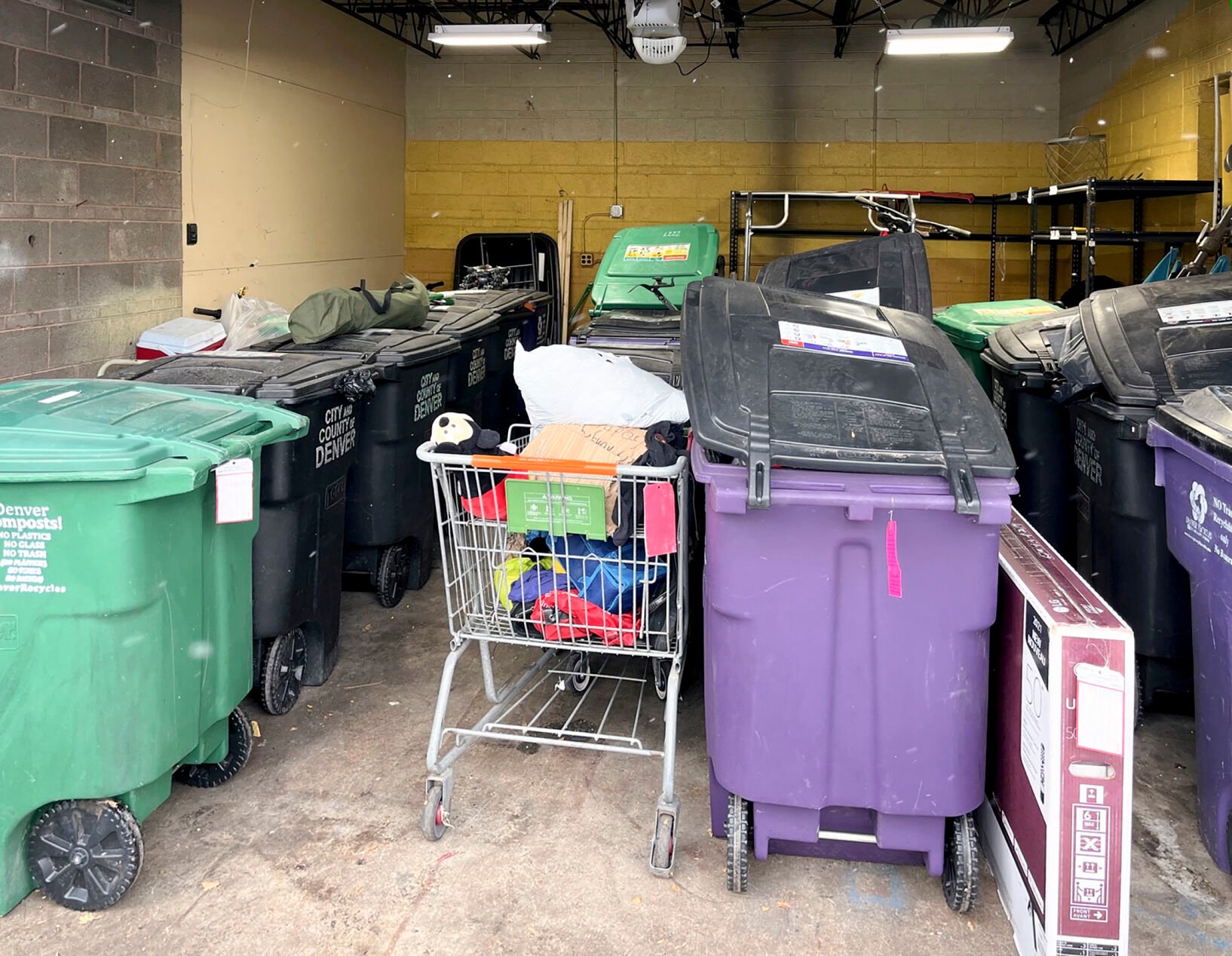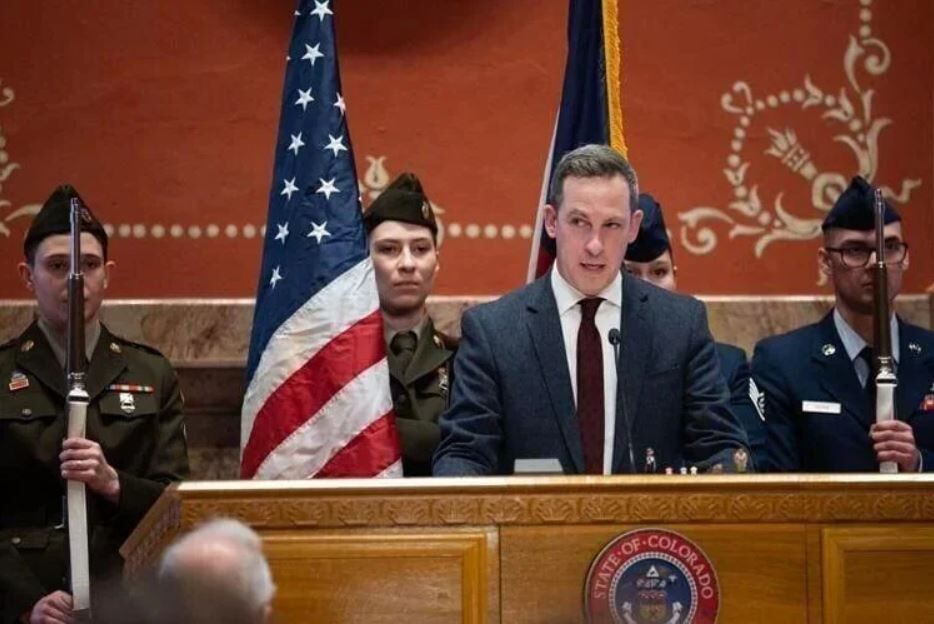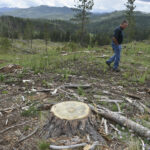A primer on Denver’s homeless enforcement program

In addition to revealing major gaps in Denver’s homeless enforcement program, a recent audit by the Denver auditor detailed how the city is responding to the homelessness crisis that has become more acute in the last several years, particularly when it comes to the “unsheltered” population.
The answers below are lifted out of the auditor’s analysis, which has been edited for clarity and brevity.
What is “unauthorized” camping?
Anything “not considered a safe outdoor space” or other sanctioned encampment is “unauthorized.” City ordinance refers to unauthorized camping as residing or dwelling temporarily on public or private property, which is banned, unless a person has the owner’s permission. City ordinance also prohibits people from knowingly blocking streets or other public passageways in ways that make them impassable or hazardous. The city refers to these obstructions as “encumbrances.”

Who are the agencies responsible for responding to encampments?
-
Mayor’s Office serves as the coordinating entity for the city’s encampment-related activities.
-
City Attorney’s Office provides advice to agencies on compliance, as well as attends cleanups to ensure Denver follows laws and procedures.
-
Department of Public Health and Environment’s Division of Public Health investigators conduct health and safety assessments of encampments. The agency also sends substance use navigators to provide outreach to homeless people.
-
Department of Transportation and Infrastructure’s Office of Encampment Management enforces city ordinances related to public rights of way. The agency also performs regular and large-scale cleanup of encampments with the assistance of Environmental Hazmat Services, Inc.
-
Department of Parks and Recreation enforces park rules, particularly when it comes to camping. The agency connects people with resources. It also disposes of or stores abandoned property.
-
Department of Housing Stability provides outreach services through programs staffed by city employees or through contracts with third parties.
-
Department of Public Safety’s street enforcement team contacts people who violate specific laws and seek their compliance before issuing citations. The agency also works to connect people to services.
-
Police Department is called to assist in large-scale cleanups to ensure compliance, cooperation, and safety for city workers. The department also offers services, collects weapons, makes arrests and follows personal property storage procedures in case of an arrest.
-
Fire Department assesses violations of – and enforces – international and Denver fire codes, while serving as an intermediary for public safety during a cleanup operation.
-
Denver Human Services connects people, not just the homeless, to services.
What are the parking prohibitions on recreational vehicles?
Denver bans people from parking recreational vehicles for longer than 24 hours if the vehicle is more than 22 feet long. City ordinance also prohibits parking a vehicle, including inoperable or excessively damaged cars, on a public street continuously for more than 72 hours. Recreational vehicle encampment is a relatively new issue, the city noted.
What about park rules?
Denver bars people from camping or residing overnight in city parks, and city ordinance also bars people from constructing temporary or permanent structures.
What are the city’s outreach services?
The city’s encampment response begins with outreach efforts, with Denver focusing on solutions to prevent homelessness and on efforts to resolve the crisis quickly when it occurs. A key response is to offer services before a cleanup happens. Here are the outreach teams:
Early Intervention Team responds to outreach requests from people and through the Denver 311 system, PocketGov, and other referrals. The team provides initial contact, housing, and service-focused case management to homeless people living in encampments that typically have 10 or fewer structures. The team does not enforce city ordinances or take part in clean-up activities.
The Denver Street Outreach Collaborative offers engagement services, including programs that are housing-focused, to homelessness people, focusing on those who are chronically homeless and living in encampments.

The Strategic Outreach to Large Encampments team contacts homeless people as soon as cleanup notices are posted in encampment areas to provide initial assessments, identify service needs, and refer people to help.
Substance abuse navigators are part of a program that responds to police calls involving people with behavioral health needs and substance use disorders.
The Homeless Outreach Team, a small group of police officers, focuses on addressing issues related to homelessness, including encampments in downtown, Capitol Hill, and Cheesman Park areas. While they make arrests, the goal is to seek voluntary compliance.
Street Enforcement Team enforces city ordinances and informs homeless people of available resources.
When do large-scale cleanups happen?
Using information from multiple agencies, the Mayor’s Office decides when to conduct encampment cleanups.
Denver schedules cleanups for several reasons, such as when officials conclude that an encampment poses public health hazards or safety risks, blocks public rights of way, or is located near “sensitive” locations, such as schools.
Typically, the city will post a notice about the scheduled cleanup seven days in advance. The city also coordinates with Colorado Barricade Co. to rent traffic control devices and develop traffic control plans, and with Environmental Hazmat Services Inc. to dispose of hazardous waste and to store personal property.
Can the city throw away items?
Yes, if the city deems an item to pose an immediate risk to public health and safety. These items include syringes, medical waste, perishable items, and mattresses. The city collects and stores items not deemed to pose any threat, such as backpacks and tents. City staffers must identify, collect, and store certain items, such as wallets, prescription drugs, and personal identification. The city must store these personal property for at least 60 days before discarding them.













